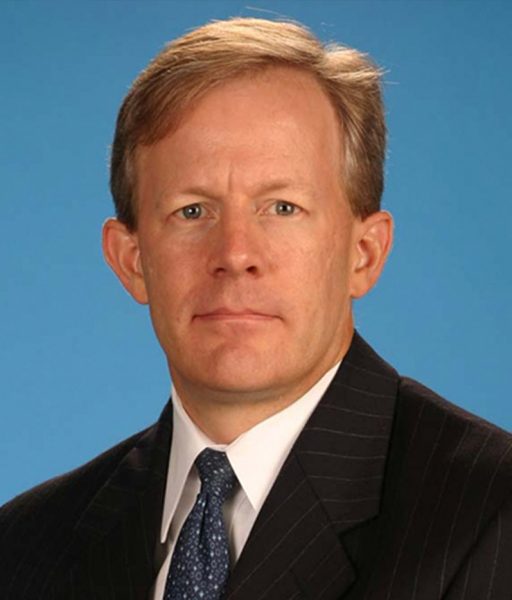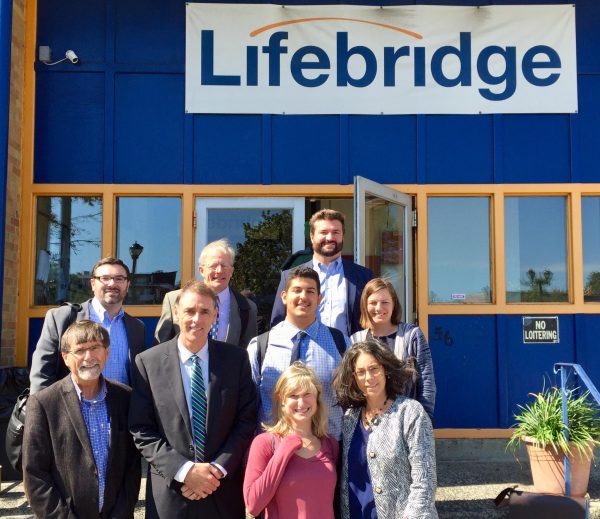 A Co-Founding Partner at KJP Partners LLP, Kurt James practices in the area of real estate development and finance, with a focus on affordable housing and community development projects.
A Co-Founding Partner at KJP Partners LLP, Kurt James practices in the area of real estate development and finance, with a focus on affordable housing and community development projects.
Kurt joined the Clearinghouse Board of Directors in 2001. He recently spearheaded a pilot Legal Clinic for the Homeless at Lifebridge Salem, where the Clearinghouse connected volunteer attorneys with clients in need of civil legal assistance. In this issue of Meet the Board, Kurt explains why he wanted the Clearinghouse to bring its clinic services to the North Shore, provides valuable advice to younger attorneys interested in pro bono, and talks about the benefits of board service.
Why did you feel it was important for the Clearinghouse to offer its clinic services on the North Shore?

As the result of our board retreats and other focused discussions, our board has come to appreciate the extreme need that low-income individuals and, in particular, homeless individuals, have for pro bono legal services. Over time, we have expanded our clinic program in the Boston area and so it is natural progression to try to meet the needs of residents in other communities.
I have worked with Lifebridge over the years and so am very familiar with the extent of the resources which they provide to a large service area. Lifebridge has a very holistic approach to ending homelessness, providing not only temporary shelter and meals but transitional housing and supportive services. In light of Lifebridge’s recent mergers with Riverhouse in Beverly and The Grace Center in Gloucester, Lifebridge is now expanding these services to the entire North Shore. I’m glad we could partner with Lifebridge to support their efforts to provide a hand up to their homeless residents.
Do you have advice for younger lawyers interested in pro bono?
The advice which one of my early mentors gave me is to find something you are passionate about and look for ways to involve yourself with an organization which has the greatest need for the skills and experience you have to offer. This applies equally to community service, board work, and pro bono legal services.
Even though younger lawyers may not feel that they have sufficient experience to provide direct legal services to an individual or organization, they should appreciate that the legal education and training that they have will equip them to provide critical services to the poor and underserved.
How were you initially connected with the Clearinghouse board and why do you feel board service is important?
Jeff Sacks, another board member with whom I had worked in various affordable housing matters, approached me to join the board. At the time, the Clearinghouse was primarily focused on assisting smaller nonprofit organizations with affordable housing and community development projects and the board was mainly comprised of transactional attorneys. Over the years, as the Clearinghouse has expanded its work in homeless shelters and assisting nonprofits with a broader array of services, we have seen attorneys with much more diverse backgrounds join the board. This has helped to bring a new perspective to the board and allowed us to keep pace with the changing needs of our community and ultimately better serve our clients.
I am truly grateful to have the opportunity to work with such a dedicated team of board members and Clearinghouse staff to address what continues to be a growing need for pro bono legal services in Massachusetts.


